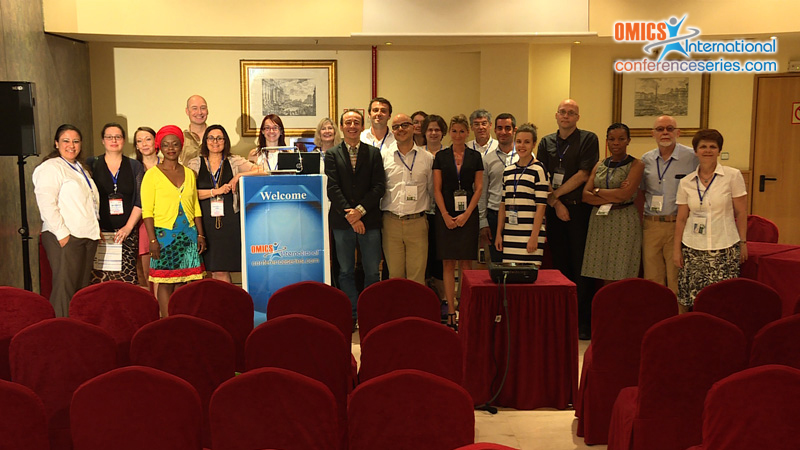
Catherine L Clelland
Columbia University Medical Center, USA
Title: Targeting Proline: Old and New Treatment Approaches for Schizophrenia
Biography
Biography: Catherine L Clelland
Abstract
There are multiple genetic links between schizophrenia and a deficit of proline dehydrogenase (PRODH) enzyme activity. There is also evidence that excess proline can disrupt both glutamatergic and dopaminergic signaling, with neurotoxic effects. We have found that over 25% of schizophrenic patients at an acute short-stay psychiatric hospital, have hyperprolinemia (Clelland et al, 2011). Hyperprolinemic patients had a significantly later age of first psychiatric hospitalization, suggestive of later onset, and hospital stays 46% longer than non-hyperprolinemic subjects. Thus hyperprolinemia has implications in the etiology of schizophrenia, and for the clinical management of these patients. Vitamin D deficits have been associated with schizophrenia susceptibility, and in a follow-up study we reported that vitamin D, a potent transcriptional modulator, can upregulate the PRODH gene. Hypothesizing a link between vitamin D insufficiency and schizophrenia risk, via loss of PRODH regulation and proline elevation, we showed that patients with vitamin D insufficiency have three times the odds of being hyperprolinemic and that hyperprolinemia is a significantly mediating phenotype that may explain over one third of the effect of vitamin D insufficiency on schizophrenia risk (Clelland et al, 2014). The aim of this presentation is to discuss both novel and longstanding treatment approaches for schizophrenia that may, directly or indirectly, regulate the PRODH pathway and modulate proline level. We will review the current field, plus will present some new data suggesting that pharmacogenomic methodologies, coupled with treatment approaches that target proline, may yield significant symptom benefit in patients with psychiatric illness. Disclosure: Catherine Clelland is a co-inventor on a US patent application that is related to this work


